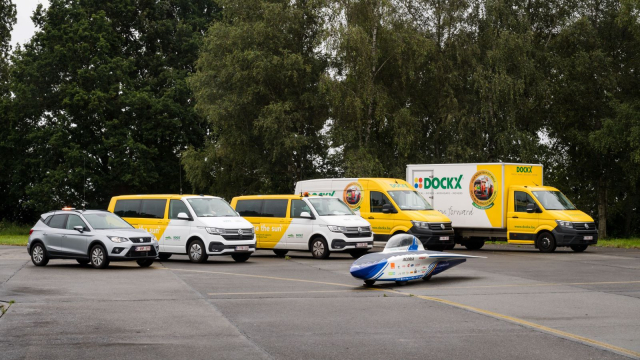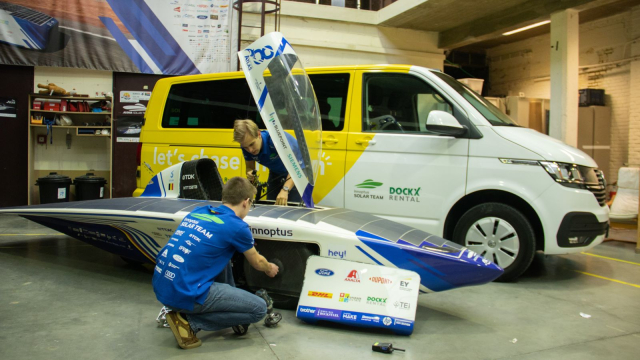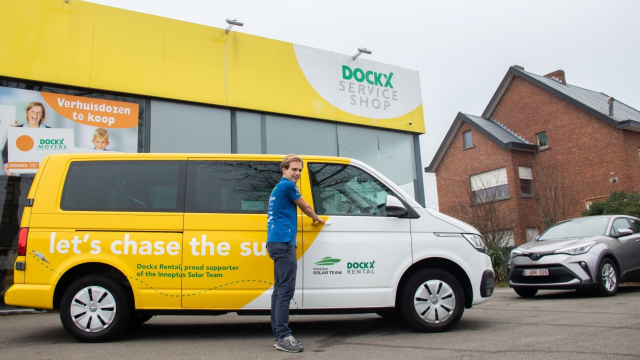You are here:
from
Dockx.be
Blog
The Innoptus Solar Team on the road to gold: discover their story


